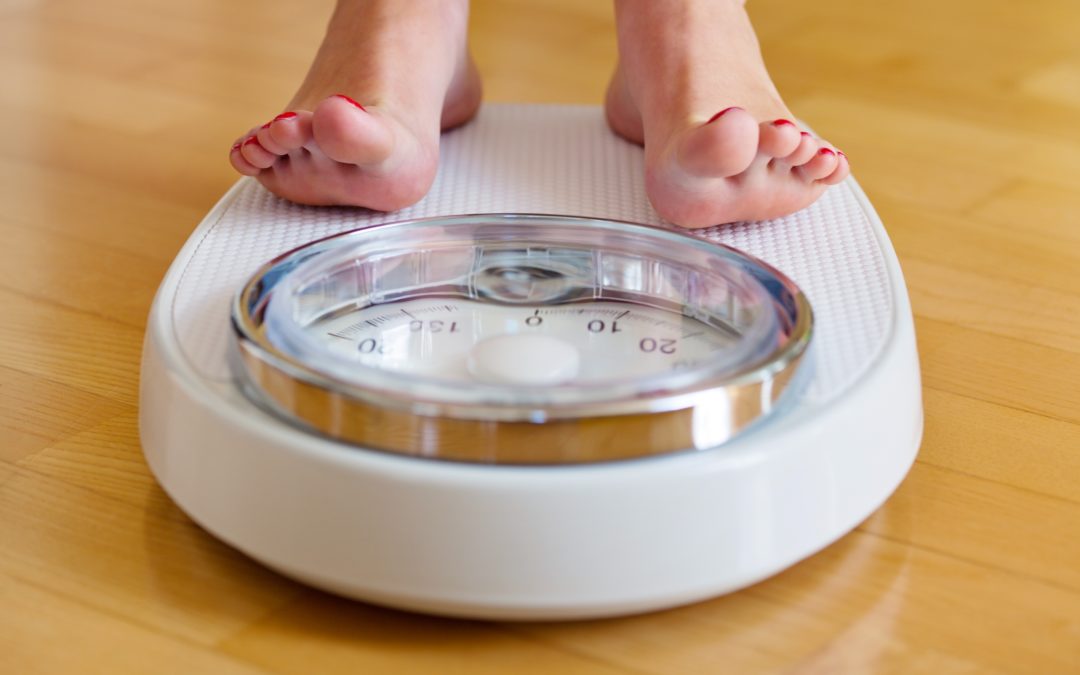When it comes to weight loss surgery for teens, a lot of parents find themselves asking an important question on behalf of their child: Can my teenager get bariatric surgery? The answer to that question depends on a number of factors. Let’s consider some of them.
If your teenager is morbidly obese, you may be investigating weight loss surgery as a possible treatment when diet and exercise, weight loss programs, medical advice, and other aspects of a healthy lifestyle haven’t worked.
Even short-term obesity in a young person can eventually lead to co-morbid conditions. These can include serious health problems that require a lifetime of management, including hypertension, type-2 diabetes, heart disease, and sleep apnea.
Other problems can crop up, as well that may not necessarily show up during a blood test — things that some children are hesitant to discuss. These include a sense of social isolation and low self-esteem along with depression and anxiety.
Both short-term and long-term obesity can cause major emotional and physical health problems in teenagers. Sparing kids from these medical and emotional problems is a top priority for caregivers.
Obesity and Weight-Loss Surgery Effects
However, because teenagers are still growing, their systems can be affected differently by surgery than those of full-grown adults.
Weight loss surgeries such as gastric sleeve or gastric bypass, which involves creating a small pouch from the stomach and aligning it directly with the small intestine, affect the absorption of nutrients.
 For young people whose bones and brains are still developing, nutritional deficiencies can have far-reaching effects. Bone development is a particular concern. Researchers urge practitioners to carefully monitor post-op bone mass in teenagers who have undergone bariatric surgery.
For young people whose bones and brains are still developing, nutritional deficiencies can have far-reaching effects. Bone development is a particular concern. Researchers urge practitioners to carefully monitor post-op bone mass in teenagers who have undergone bariatric surgery.
Teens undergoing surgery must make drastic lifestyle changes. This is another concern. This is true not just for the short term, but for the rest of their lives. Maintaining a healthy weight means making lifestyle changes and developing healthy eating habits.
Eating small amounts of food. Taking vitamin and mineral supplements daily. These are essential to good health and weight loss success post-op. The usual risks associated with any type of surgery, including hernia, infection, and blood clots, should also be leveraged with the health concerns in the presenting teenager.
When Surgery Is Recommended
In the case of teens for whom doctors do recommend surgery, specific criteria must be met.
These include:
- Previous attempts at weight loss: Teens and their parents must be able to prove that they have attempted to lose weight for at least six months without success.
- Body Mass Index (BMI) proving “morbid obesity”: While long-term studies on weight loss surgery for teenagers are still being conducted, the New England Journal of Medicine recommends that surgery be reserved for those with a BMI of at least 40 and coexisting conditions or a BMI higher than 50 with or without additional medical problems.
- Emotional and mental maturity: Teens in question must present as responsible and able to make decisions for themselves.
- Supportive family life: A strong network of caring family members and close friends is essential for the healthy support of teenagers as they undertake a weight loss surgery journey. This would include encouragement. Become a cheerleader for them as well as a fellow researcher, helping find information pertaining to bariatric surgery for teens.
- No untreated mental health concerns: Presenting teen must either be free of an eating disorder or psychiatric illness or prove that she is being consistently and successfully treated for said condition.
- Procedure performed at a well-staffed facility: Supportive staff members, including psychologists, dieticians, and patient advocates help teens adjust to lifestyle changes and integrate them successfully into a healthier lifestyle.
Is your teen is obese? Have they made many attempts to lose weight without success? Then weight-loss surgery may be the best course of action. Consider the above criteria. Discuss with your primary care doctor. Attend a seminar with your teen to see what program would best be an effective treatment for obesity.
Statistics
As mentioned above, losing weight now will head off many problems in the future, including hypertension, strokes, and joint problems. Consider reviewing the literature available through additional expert resources, such as the American Academy of Pediatrics (AAP).
Among the information you will find there is this rather startling statistic.
“According to national data,” the AAP writes, “4.5 million children in the United States are classified as ‘severely obese’ ― a number that has nearly doubled since 1999.”
But it’s not all doom and gloom. We can each help teenagers lose weight and begin a regimen of healthy habits through information and encouragement. We can help provide a thoughtful and thorough approach and follow-up to bariatric surgery for teens.
Contact WeightWise with any questions or concerns. We look forward to speaking with you.

